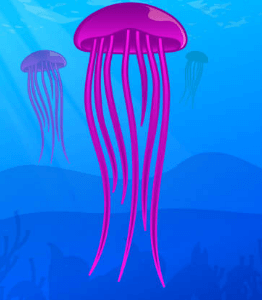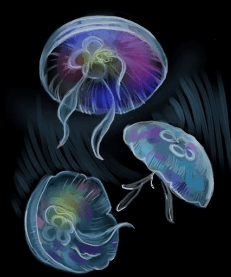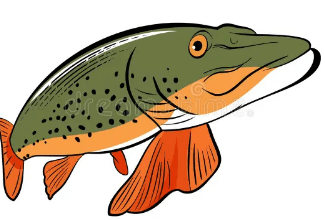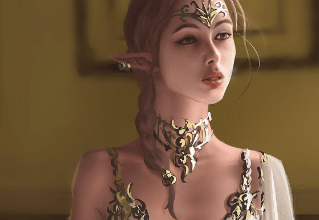Drawing:_Rzm2zhgija= Moon Jellyfish

The art of Drawing:_Rzm2zhgija= Moon Jellyfish (Aurelia aurita) presents a unique challenge that combines an understanding of its anatomy with the ability to capture its elegant movement. Utilizing high-quality materials and specific techniques can significantly enhance the depiction of this ethereal creature. From the initial outline to the final touches of color and detail, each step plays a crucial role in bringing the jellyfish to life on paper. As we explore the nuances of this process, one might wonder how various techniques can transform a simple sketch into a captivating masterpiece.
Read also: Drawing:_Tpnhdiv3r8= Easy:Zrxh_Vlbn2m= Basketball
Understanding Moon Jellyfish Anatomy
Moon jellyfish, scientifically known as Aurelia aurita, exhibit a unique anatomical structure that is essential for their survival and functionality in marine environments.
Their bell shape allows for efficient propulsion, while the tentacle structure, equipped with specialized cells, aids in capturing prey.
Additionally, sensory organs located on the bell facilitate environmental awareness, enhancing their feeding mechanism and overall adaptability in diverse aquatic ecosystems.
Essential Drawing Materials
To embark on the journey of Drawing:_Rzm2zhgija= Moon Jellyfish, selecting the right materials is crucial for achieving both accuracy and aesthetic appeal.
Essential drawing tools include high-quality graphite pencils for detailed line work and vibrant colored pencils or watercolors for capturing the jellyfish’s translucent hues.
Pair these with varied sketching surfaces, such as textured paper or smooth bristol board, to enhance the overall visual experience.
Techniques for Capturing Movement
Capturing the fluidity and grace of moon jellyfish requires a deep understanding of their movement patterns and the techniques that convey dynamism on paper.
Employ fluid dynamics principles to analyze their pulsating motions.
Utilize sketching tips such as capturing multiple consecutive movements in a single frame and emphasizing lines of flow to evoke the sense of freedom inherent to these ethereal creatures.

Adding Color and Detail
Although understanding the anatomy and movement of jellyfish is crucial, the application of color and detail is essential for conveying their ethereal beauty.
Employing color blending techniques can create a luminous appearance, essential for mimicking the jellyfish’s natural glow.
Additionally, texture techniques, such as stippling or soft shading, enhance the visual depth, capturing the delicate and translucent nature of these captivating creatures.
Read also: Easy:7nbbaotekl8= Drawings
Conclusion
In conclusion, mastering the art of Drawing:_Rzm2zhgija= Moon Jellyfish, necessitates a comprehensive understanding of its anatomy, the right materials, and effective techniques for capturing its fluid movement and ethereal colors. By focusing on details and employing sophisticated methods such as stippling and soft shading, artists can create a representation that truly reflects the jellyfish’s delicate beauty. Ultimately, achieving this level of artistry requires not only skill but also a keen eye for the subtleties that define this captivating marine organism.







